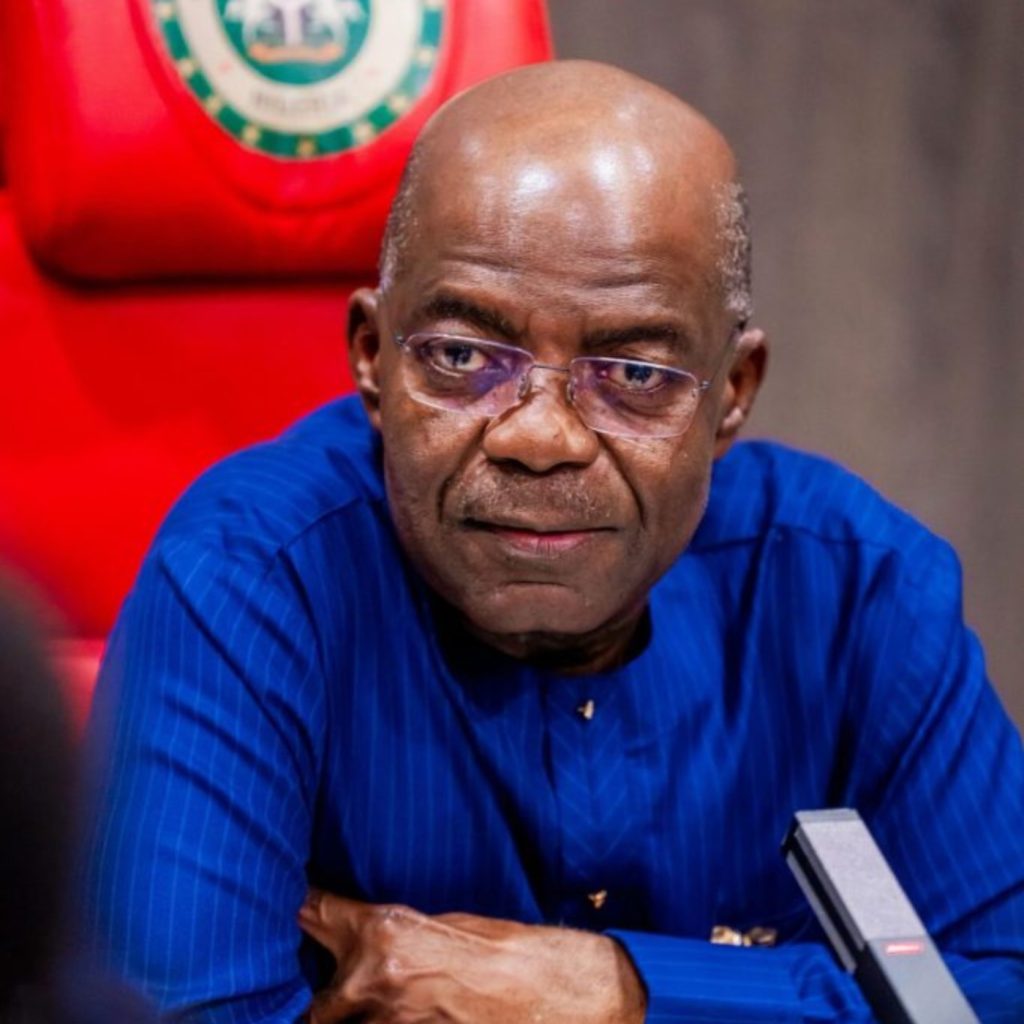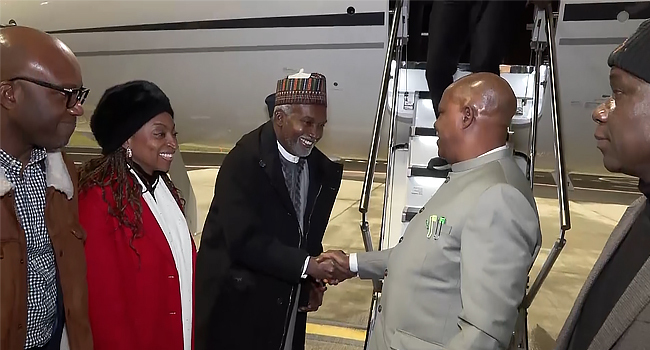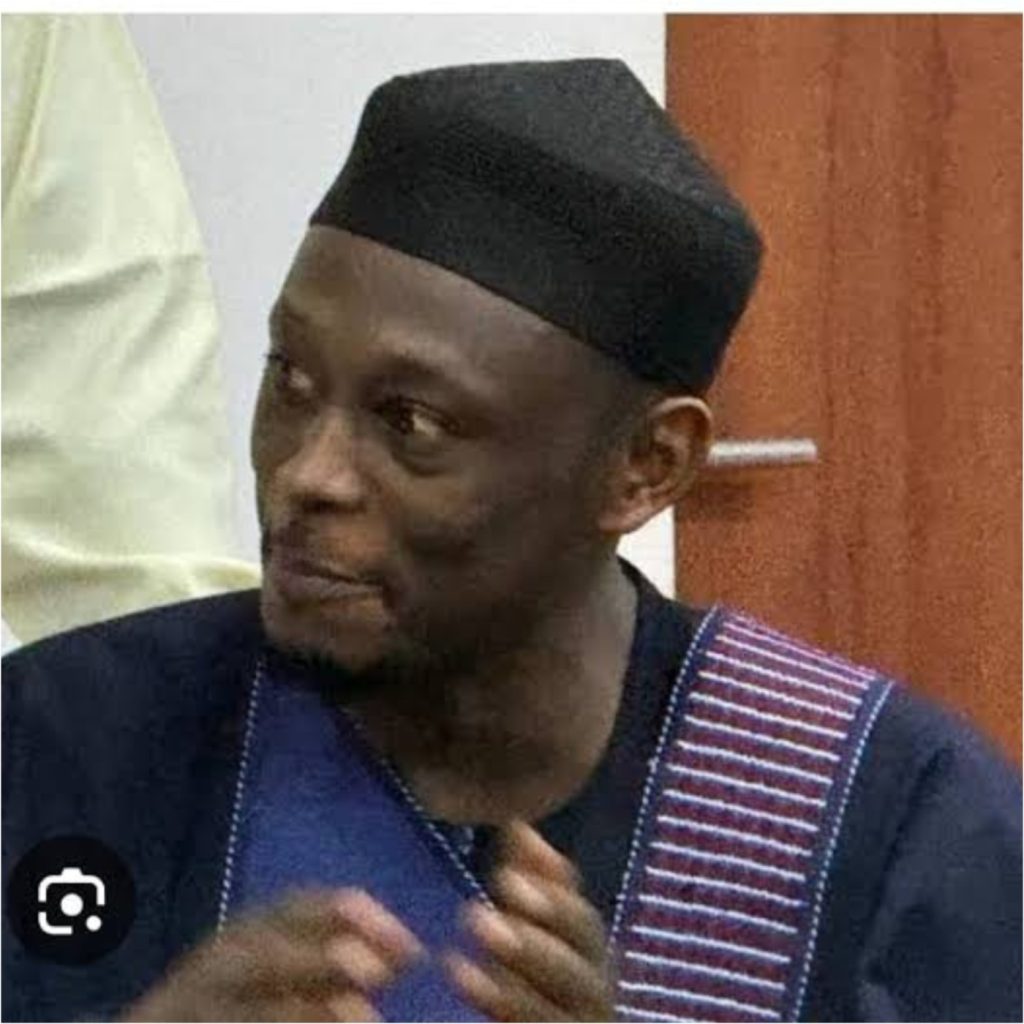Atiku Abubakar, a former Nigerian vice president and two-time presidential candidate, has formally resigned from the People’s Democratic Party (PDP), a major political force he helped establish over two decades ago. The announcement, detailed in a resignation letter dated July 14, 2025, cited a fundamental misalignment with the party’s current direction as the primary reason for his departure.
Addressed to the chairman of his ward in Adamawa State’s Jada Local Government Area, the letter expressed appreciation for the PDP’s role in his political career while lamenting its shift away from core principles. “Serving two full terms as vice president and contesting twice for the presidency marked pivotal chapters of my life,” wrote Abubakar, who held office from 1999 to 2007 under former President Olusegun Obasanjo. “However, the party’s trajectory now diverges from the values we originally championed. This decision, though painful, is unavoidable.”
The PDP, one of Nigeria’s dominant parties since the country’s return to democracy in 1999, has faced internal strife and electoral setbacks in recent years. Abubakar, a prominent figure in Nigeria’s opposition coalition, characterized the split as a response to “irreconcilable differences,” signaling deepening fractures within the party’s leadership. His departure raises questions about the PDP’s unity ahead of future elections, particularly given his influence as a founding member and serial presidential aspirant.
Analysts note that Abubakar’s exit reflects broader political realignments in Nigeria, where shifting alliances often redefine the opposition landscape. While his letter did not explicitly outline his next steps, his current affiliation with the opposition coalition suggests potential consolidation of dissent against the ruling All Progressives Congress (APC). The move also underscores internal challenges within the PDP, including debates over ideology, leadership, and electoral strategy.
Abubakar’s resignation marks a symbolic end to an era for the party, which has historically positioned itself as a center-left alternative to conservative rivals. His critique of the PDP’s direction—vague but pointed—resonates with longstanding concerns about governance and accountability in Nigerian politics. “As a founding father, this choice weighs heavily on me,” he wrote, signaling both personal and institutional stakes in the decision.
The PDP has yet to issue an official response to the resignation, though party insiders acknowledge the significance of losing a figure integral to its identity. For now, Abubakar’s departure leaves a void in a party already navigating declining influence, while amplifying speculation about Nigeria’s evolving political dynamics ahead of the 2027 general elections.



